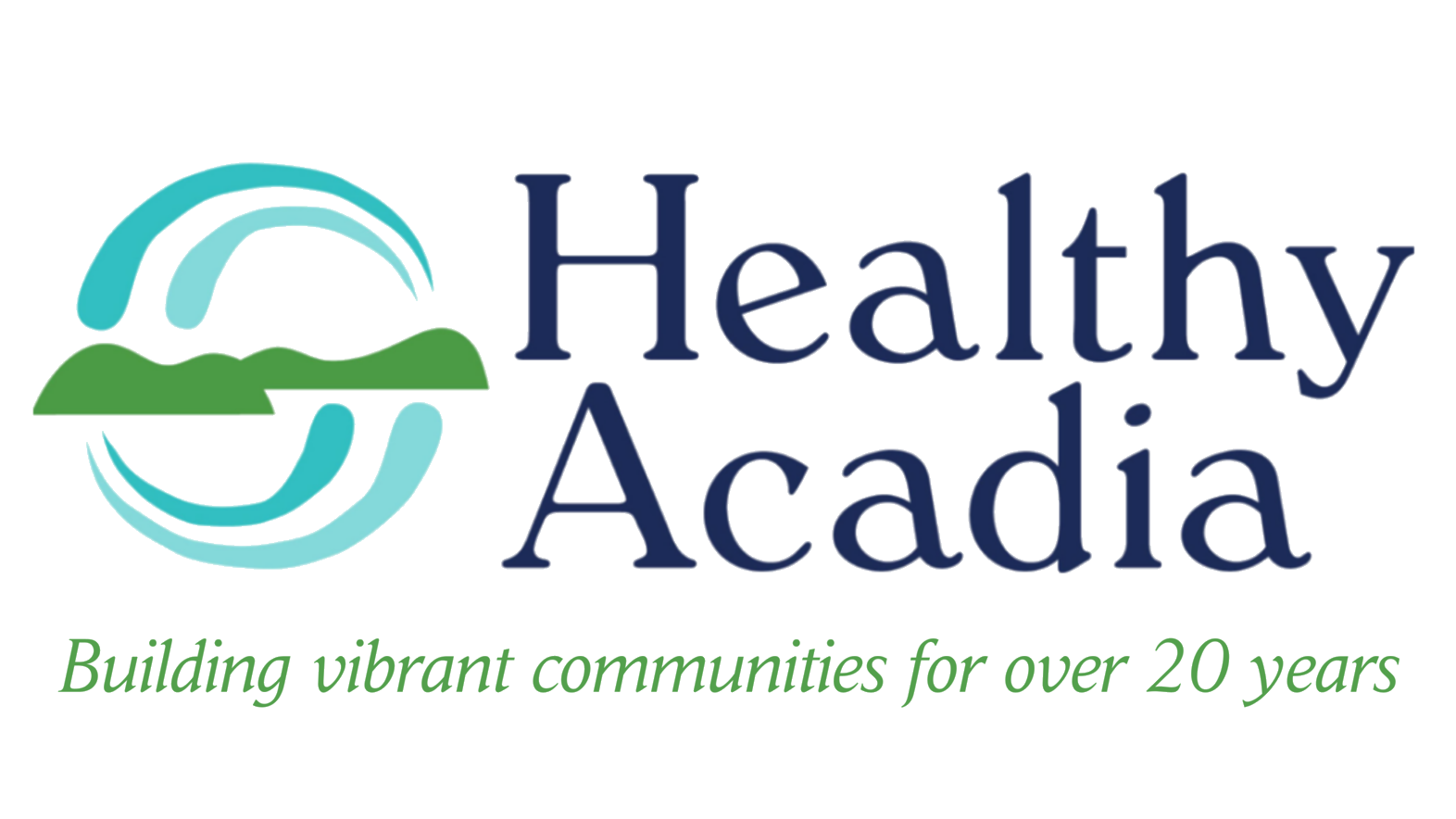The Life-Saving Power of Naloxone (Narcan): A Critical Harm Reduction Tool
As the opioid crisis continues to grip our communities, naloxone, commonly known as Narcan, offers a beacon of hope.
Opioids adversely affect respiration, which is why someone suffering from an overdose may stop breathing. Naloxone acts as a powerful ally in these dire situations by blocking the absorption of opioids in the brain at the receptor level, pausing its effects in the body and restoring breathing. While Narcan is not a replacement for calling 911, it can save a person’s life while emergency medical personnel are on the way.
Empowering Everyone to Save a Life
The U.S. Food and Drug Administration (FDA) has approved naloxone for administration via a nasal spray, making it simple and straightforward to deliver the medication effectively. In fact, it is so user-friendly that even individuals without medical training, including children, can safely administer it. This intentional design enables friends and family members who may be the first on the scene to swiftly respond and provide life-saving assistance before emergency medical personnel arrive.
The Crucial Role of Narcan in Harm Reduction
Narcan, or naloxone, plays a pivotal role as a harm reduction tool in mitigating the opioid crisis. Just as we equip buildings and houses with fire extinguishers to protect ourselves in the event of a fire, having naloxone readily available at all times is equally essential. By ensuring widespread access to Narcan, we empower individuals and communities to intervene rapidly and prevent overdose-related fatalities.
While Narcan is a powerful intervention, it is not a replacement for emergency medical services. Administering naloxone should always be followed by immediately calling 911 to ensure the person experiencing an overdose receives comprehensive medical attention. Time is of the essence in overdose situations, and the combined efforts of naloxone and emergency medical personnel can provide the best chances of a full recovery.
Healthy Acadia provides free Narcan (naloxone) kits and training to those who want it, and an increasing amount of other public health organizations and health providers are doing the same.
Click here To request a free naloxone kit, training, and other harm-reduction resources.
For more information, contact Beth Alteri (Hancock County) at beth.alteri@healthyacadia.org or Katie Sell (Washington County) at katie.sell@healthyacadia.org.
